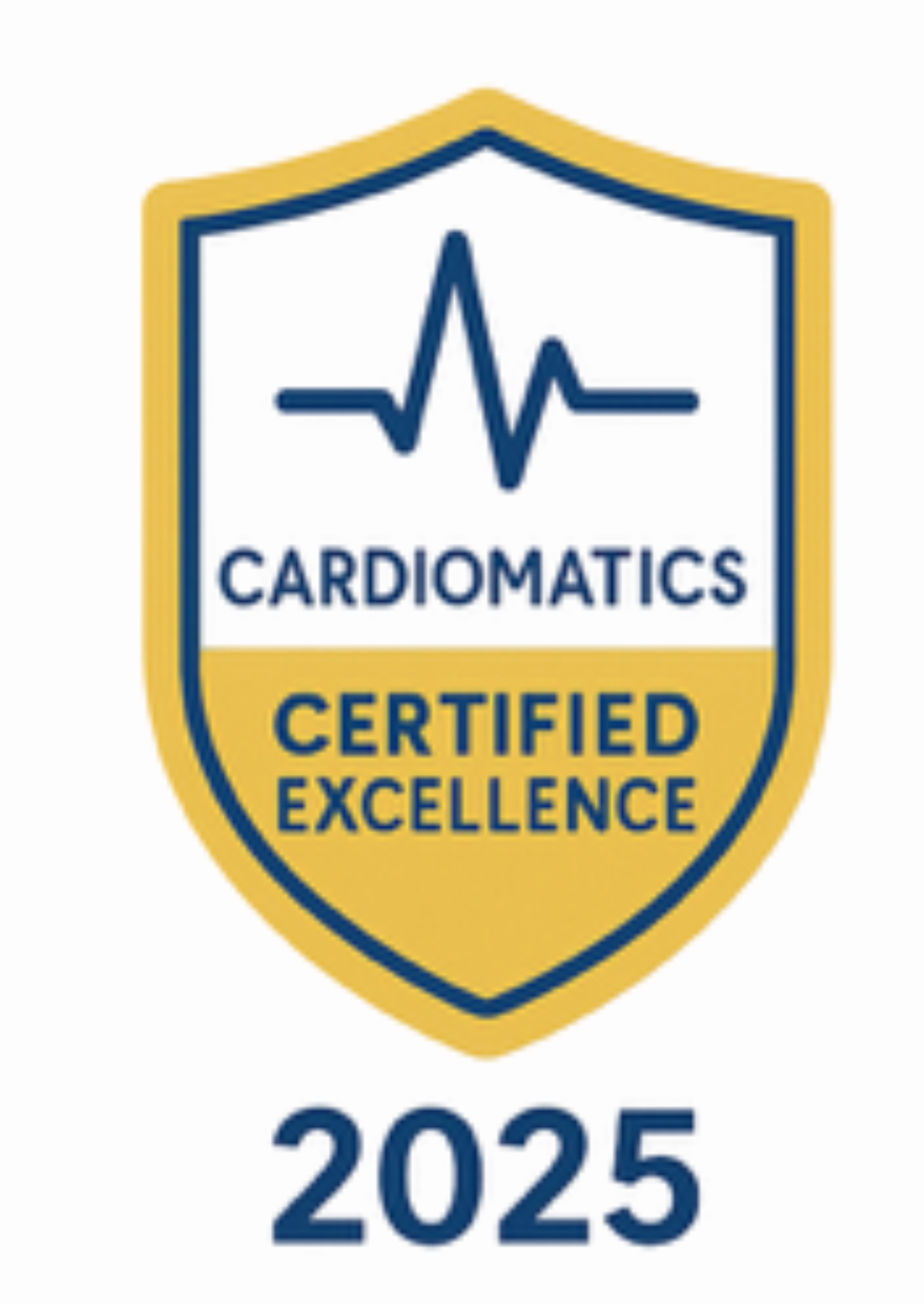Swiss Atrial Fibrillation Cohort Study – SWISS AF
The analysis of heart rhythm played a crucial role in the Swiss AF-Burden study, aiming to unravel the complex relationship between atrial fibrillation, stroke, and systemic embolism. The assessment of AF burden with Cardiomatics provides very similar results compared to manual assessment (Pearson’s correlation coefficient: 0.998).
Background
Despite the evidence currently available on the association between atrial fibrillation (AF), stroke, and systemic embolism, the underlying mechanisms are still largely unknown. Moreover, therapy increasingly requires personalization and an individual approach to each patient.
Objective
The Swiss AF-Burden study analyzes variations in the frequency and intensity of atrial fibrillation and the impact of these events. The aim of this study is to increase our knowledge of the association between AF burden and changes in AF burden and its health consequences, which are mainly stroke, systemic embolism and cognitive dysfunction.
Methods
Patients from the SNSF funded Swiss-AF cohort study, an observational multi-center study including 2,415 patients from 14 sites across Switzerland, are included in the Swiss-AF Burden study if they suffer from paroxysmal or persistent AF. Research questions surrounding the current AF burden will be answered using 7-day Holter-ECG recordings and continuous ILR (implantable loop recorders) recording, while cMRI (cardiac magnetic resonance imaging) examination will provide results on cardiac dimensions and function. Cardiomatics is responsible for optimizing the research process and ensuring that the 7-day Holter-ECG analysis is of the highest quality.
Results
The Swiss-AF Burden study will provide novel and unique insights into the association between directly measured AF burden and its health consequences, namely stroke. Preliminary results of the analysis show a high correlation between AF burden analyzed by physicians, and by the AI-based tool developed by Cardiomatics.
Coordinating Centers: Atrial Fibrillation Clinic, Cardiovascular Research Institute Basel, University Hospital Basel, Switzerland
Peer-reviewed article: Assessment of the atrial fibrillation burden in Holter electrocardiogram recordings using artificial intelligence
Source: ClinicalTrials.gov

